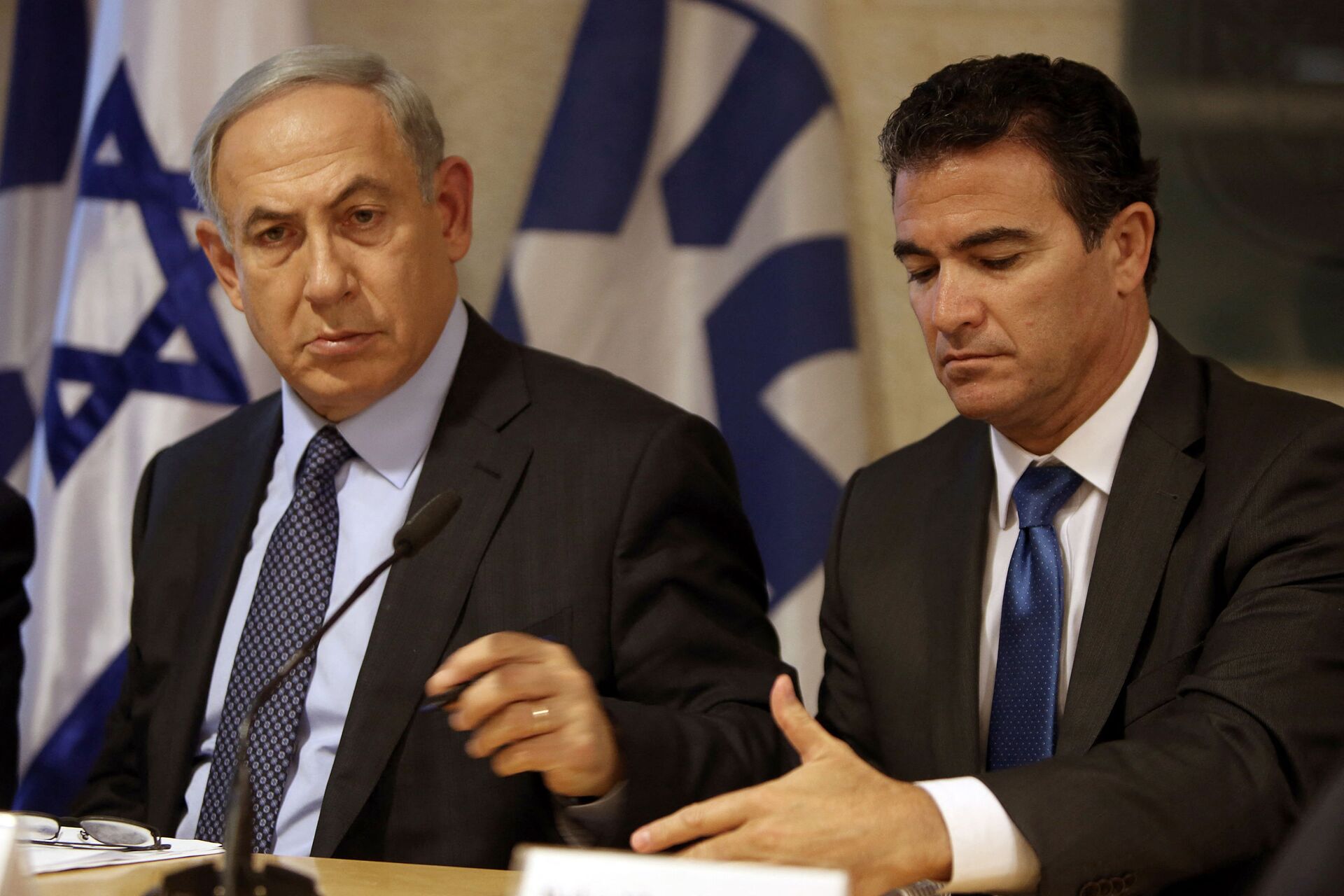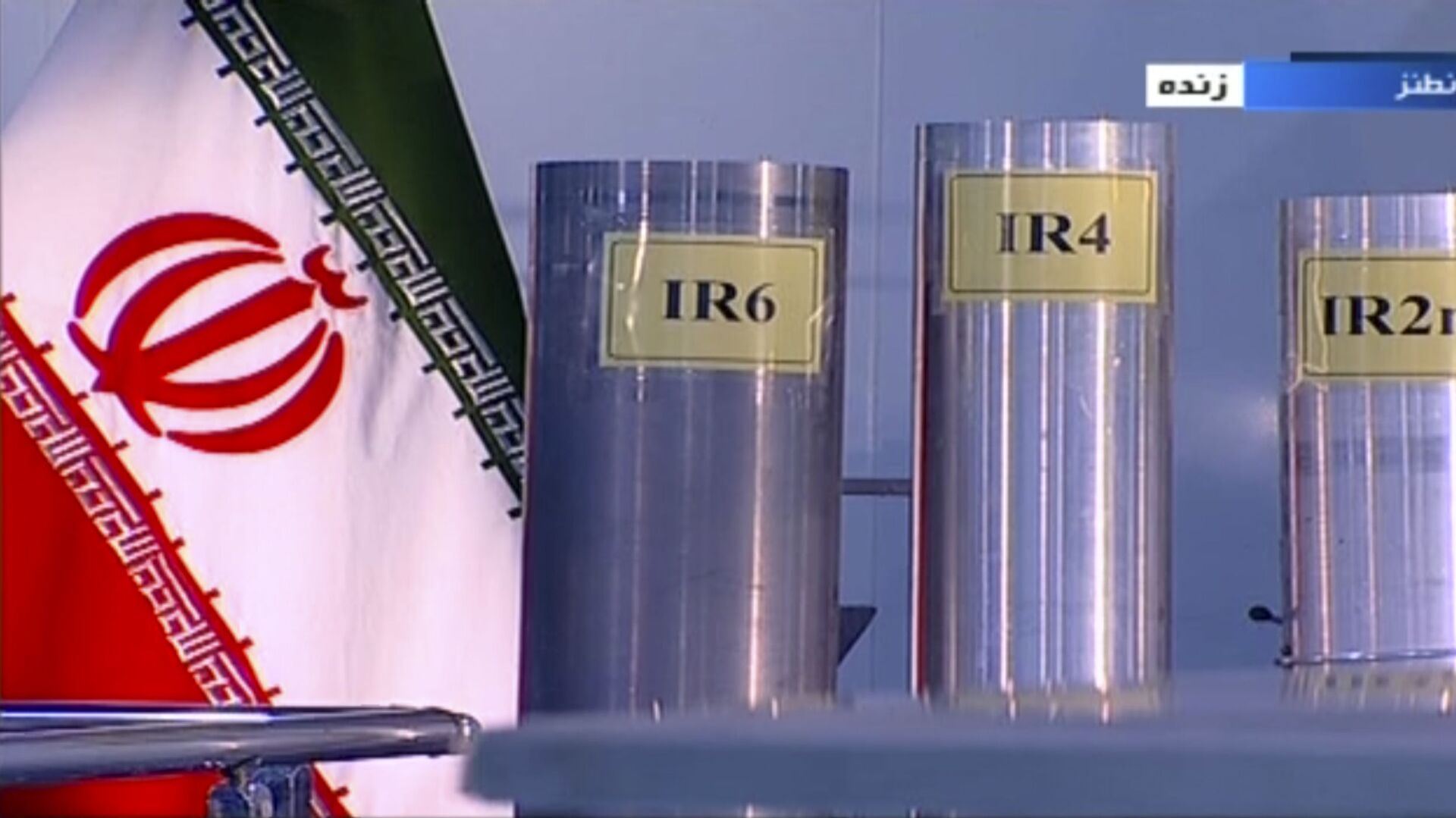Tehran has slammed ex-Mossad head Yossi Cohen for "threatening Iranian nuclear scientists" after he explained how Israeli intelligence had purportedly obtained classified information about the nation's nuclear programme.
Shahrokh Nazemi, a spokesman for Iran's mission to the United Nations, accused Israel of "criminal sabotage" for attacking nuclear facilities across the country.
"This lawlessness has reached a point when the former official of this regime is shamelessly and blatantly threatening our nuclear scientists with death", Nazemi said. "This madness must not be tolerated".

At the same time, Tehran's Ambassador to the International Atomic Energy Agency (IAEA) Kazem Gharibabadi stressed that attacks by Israel "not only will be responded to decisively but also certainly leave no option for Iran but to reconsider its transparency measures and cooperation policy".
The statements come after Cohen detailed a reported 2018 Mossad operation, in which agents ostensibly infiltrated an Iranian nuclear compound and opened 32 safes allegedly containing secret Iranian documents. The documents, purportedly taken by the operatives, were later presented by Prime Minister Benjamin Netanyahu in April as "proof" of the Islamic Republic's plans to create nuclear weapons. Iran has consistently denied the Israeli claims that it seeks to obtain weapons of mass destruction.
Multiple media reports have suggested that Mossad was behind the killing of top Iranian nuclear scientist Mohsen Fakhrizadeh in late November 2020. According to The Jewish Chronicle, citing unnamed intelligence sources, "the high-tech hit" was orchestrated by a spy team of more than 20 agents, including Israeli and Iranian citizens, who conducted an ambush on Fakhrizadeh following a protracted and "meticulous" surveillance operation.
The team's members reportedly used a state-of-the-art remote-controlled gun, which featured a small-sized bomb to allow the high-precision gun to self-destruct.
The sources claimed the weapon was so accurate that neither Fakhrizadeh's wife nor any of his security team were harmed in the attack, which saw a volley of 13 bullets mutilate the scientist.
Fakhrizadeh's killing on 27 November 2020 further exacerbated tensions between Tehran and the US-Israeli alliance. Top Iranian officials, including President Hassan Rouhani and Foreign Minister Mohammad Javad Zarif, immediately accused Tel Aviv of the attack, while the Israeli leadership remained silent on the matter.



